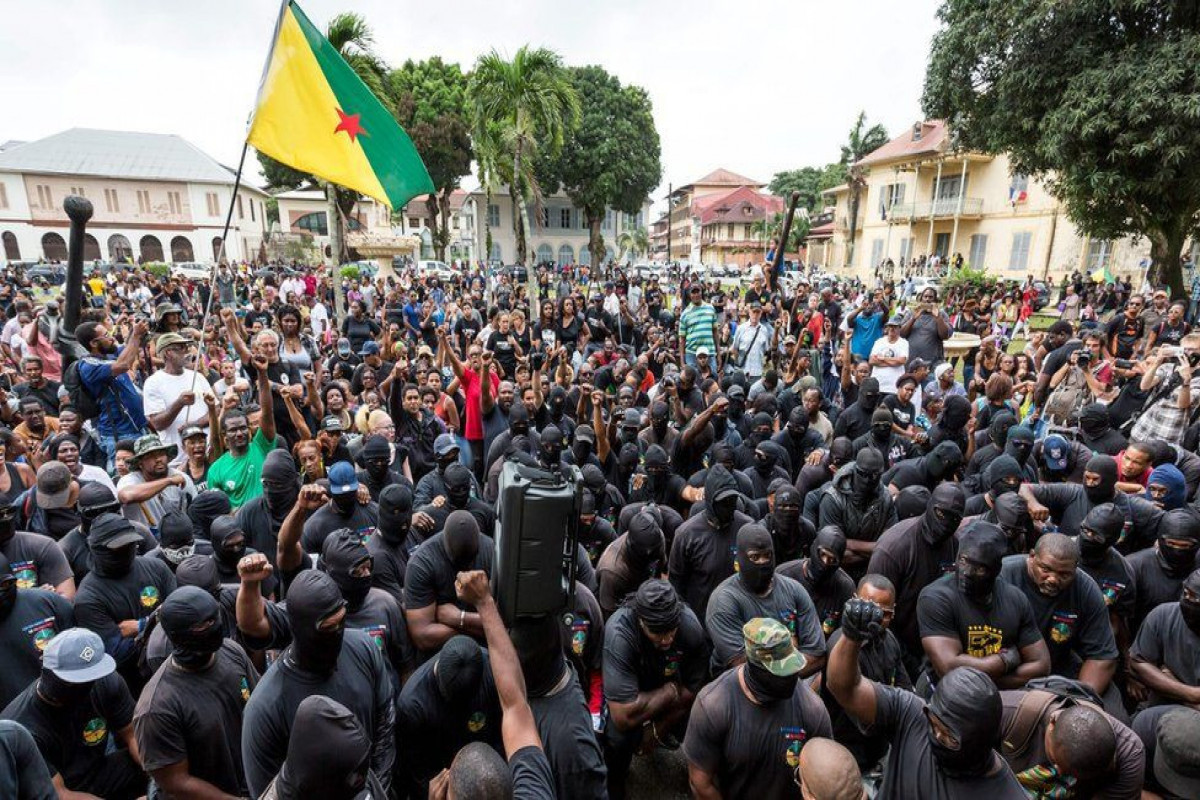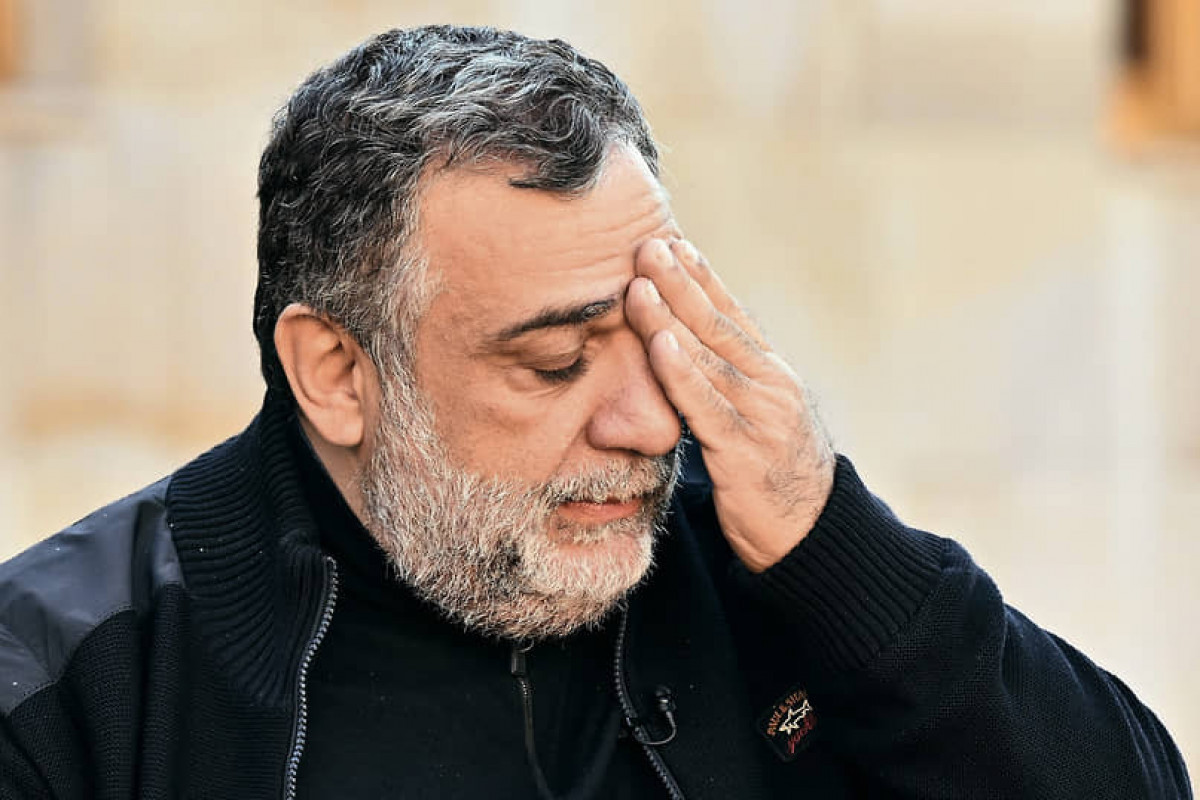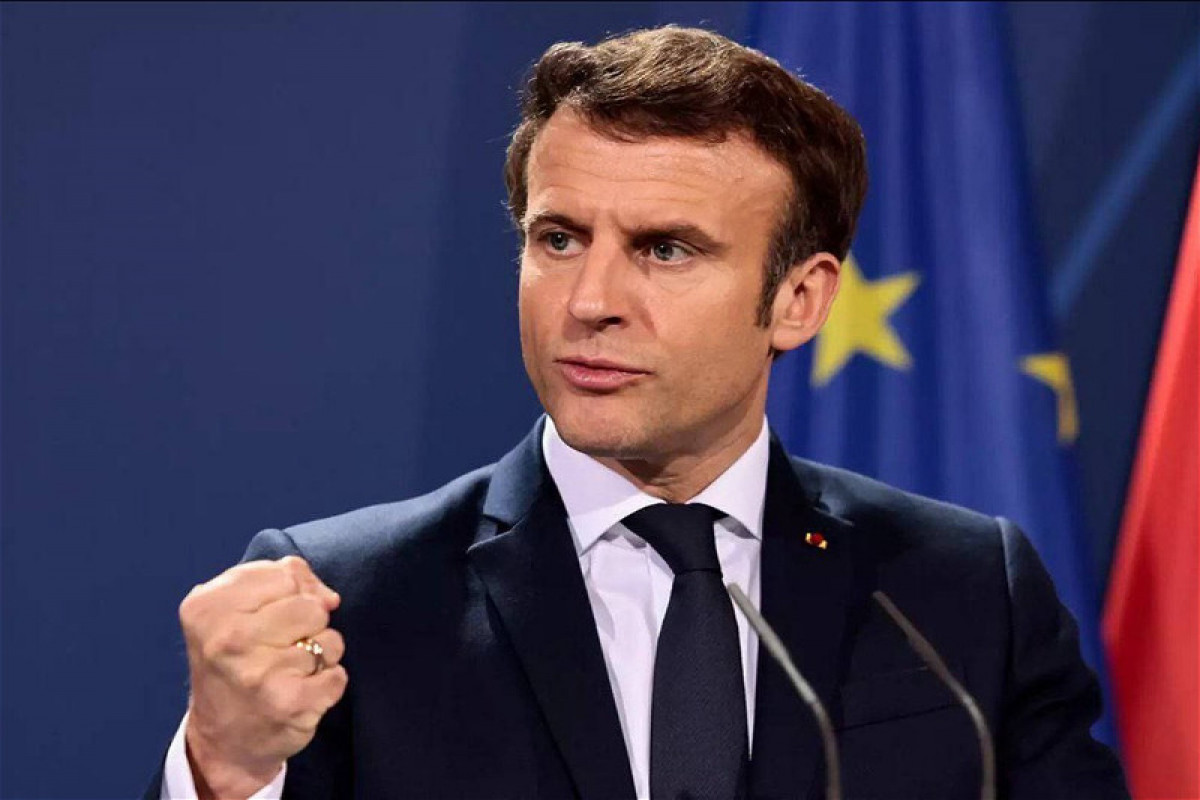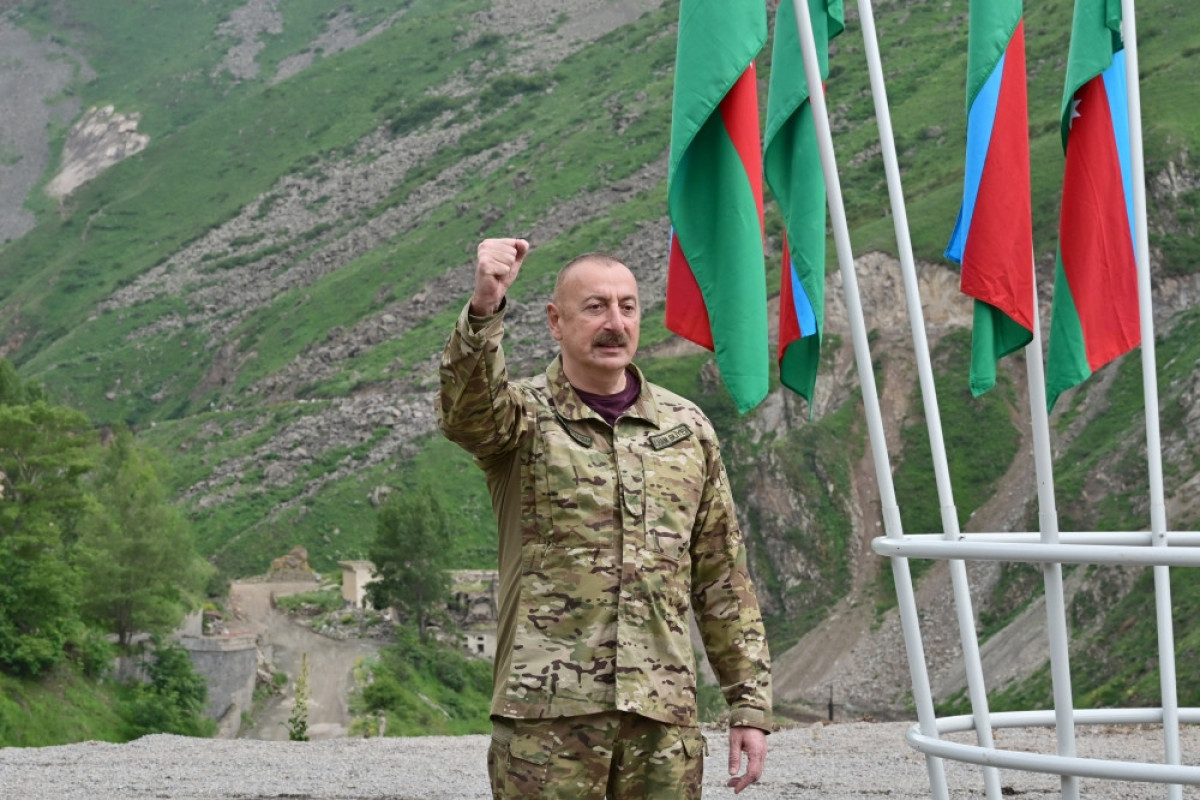Joe biden and european security- ANALYSIS

Biden’s visit was primarily intended to reassure Europeans about America’s continuing commitment to the alliance with the Old World. It is hardly a secret that, after the initial euphoria produced by Barack Obama’s election, Europe has felt somewhat neglected by the US. The Vice-President sought to shore up the transatlantic relationship and cement European support for key US policy priorities, although no formal proposals or declarations emerged.
The other, more subtle purpose of the trip was to emphasise the Obama Administration’s commitment to a better relationship with Russia. The ‘reset’ has had mixed success, and Mr Biden outlined some proposals to improve ties with Russia as it relates to European security. In this regard, the most interesting ideas to emerge from the trip were contained in an op-ed by Mr Biden published in the International Herald Tribune (IHT, May 6).
Seeking to engage with Russia as well as reassure European states, the Vice-President underlined the “indivisibility of security†in Europe, which is by now diplomatic shorthand for a quid pro quo with Russia: we will include you in security consultations if you abandon your insistence on a sphere of influence in the former Soviet Union.
More specifically, Mr Biden outlined four key points. Firstly, he reiterated America’s commitment to transparency about military forces, particularly nuclear forces. On May 3 the Pentagon announced that it had 5,113 nuclear warheads in its arsenal, as part of an attempt to improve information-sharing on nuclear weapons (Reuters, May 3). Mr Biden made it clear that he expects Russia to do the same, following the ‘new START’ treaty on arms reduction signed in April.
Secondly, he called for “reciprocal limitations on the size and location of conventional forcesâ€, which should be relevant to the present, not the past. This is in line with NATO’s own determination to revive and revise the Conventional Forces in Europe (CFE) Treaty, which regulates military build-ups (NY Times, April 29).
The pact was suspended in 2007 by Russia, and was dealt a further blow after the Russia-Georgia war in 2008. The Russian protectorates of Abkhazia and South Ossetia (with substantial, unmonitored Russian military garrisons) remain legally recognised as Georgian territory. This makes Russian arguments to remove the Caucasus from the CFE’s equipment ceilings politically unacceptable for NATO members. especially since Russian troop withdrawals from Georgia and Moldova were key to an adapted version of the treaty.
Reviving the CFE would almost certainly founder on these issues, and its progress would also be dependent on non-conventional weapons such as US tactical nuclear warheads in Europe and Washington’s missile-defence shield. Nonetheless, Mr Biden’s implicit reference suggests that resurrecting the treaty is set to become an important topic in the US-Russia relationship. If successful, a new CFE Treaty could have serious positive implications for security in the Caucasus.
Thirdly, Vice-President Biden insisted that Europe and the US must focus on conflicts outside the European space. This seems to be a veiled prod to encourage Europeans to take on more of the ‘heavy lifting’ in NATO, rather than keeping them ensconced on the continent.
Mr Biden’s fourth point was his most interesting. He called for a “more effective conflict-prevention, conflict-management, and crisis-resolution mechanism to defuse crises before they escalateâ€, such as in the Russia-Georgia war. Specifically, he backed the establishment of an OSCE Crisis Prevention Mechanism which would defuse tensions and, in times of crisis, empower the OSCE to provide humanitarian assistance, monitoring, and diplomatic support for a ceasefire. It would also allow special representatives to be dispatched in case of serious energy disruptions.
This would be a significant addition to the OSCE’s capability. Mr Biden’s suggestion may be a direct response to the chaos in Kyrgyzstan, which unsettled Washington’s military transit centre in the country, and which the OSCE was manifestly unable to prevent or reduce. It also reflects more general criticism of the organisation’s inability to tackle regional flashpoints in recent years.
Yet it is unclear how this Mechanism would function. The OSCE works on a consensus model, and Russia’s veto power was the reason for the termination of its monitoring mission in Georgia in 2009. It seems unlikely that, in the event of a new war, Moscow would permit the OSCE to push for a ceasefire and redeploy observers. The same holds true in other post-Soviet flashpoints – in the Armenia-Azerbaijan conflict, in Moldova, and in Central Asia. Equally, ‘energy representatives’ would have a hard time getting a mandate to mediate in Russia’s periodic ‘gas wars’ with its neighbours.
Fully-fledged reform of the OSCE would probably only emerge from a much broader ‘grand bargain’ between Washington and Moscow on European security issues: missile-defence, the CFE Treaty, NATO enlargement, and Russian policy towards its former Soviet dominions.
This will clearly not be easy. Mr Biden’s ideas are a welcome step in the right direction, and revamping the OSCE is certainly a topic to watch out for in the months ahead. Forging a more functional security system in Europe will be a long process, but the Vice-President’s visit is a sign of quiet reassurance that Washington remains committed to that goal.
Political

Neocolonial policy of France on the edge of collapse- French Guiana is also on the path to liberating itself from colonization-ANALYSIS

An attempt to create a "Dove of Peace" from Vardanyan — Struggle over the wealth of the separatist billionaire-ANALYTICS

Macron is not sincere in his statements - France allocates less military support to Ukraine than Baltic countries-ANALYSIS

Ilham Aliyev achieved to return Gazakh's 4 villages to Azerbaijan without single bullet or bloodshed -ANALYSIS
NEWS FEED
5.1-magnitude quake hits Solomon Islands: GFZ
Three arrested and charged over Sikh activist's killing in Canada
‘Peace formula’ on Ukraine to succeed if West halts arms supplies — Russian diplomat
EIB backs roll-out of innovative power, geothermal heating project in Germany
Invitation letters of President Ilham Aliyev regarding the COP29 delivered to the permanent missions in the UN
US, allies discuss $50Bln Ukraine aid fund using frozen Russia assets
Brent oil price down below $83 per barrel on London’s ICE first since March 13
Russia temporarily suspends sugar export
Colombia to break diplomatic relations with Israel, President Petro says
Teams allowed to register up to 26 players for UEFA EURO 2024
Fire at German plant won’t affect production of IRIS-T air defense systems — Spiegel
Palestinian journalists in Gaza awarded World Press Freedom prize
Sri Lanka is ready to share its experience in cultural heritage preservation with Azerbaijan
Azerbaijan's Culture Minister met with Italian delegation
Warning of toxic smoke after fire breaks out at Berlin factory
Baku hosted 31th meeting of CIS Information Council
Azerbaijan's Aghdam hosted special session within 6th World Forum on Intercultural Dialogue -PHOTO
Senate of Malaysian Parliament delegation visited Azerbaijan's Fuzuli, Shusha - PHOTO
Traffic accident in Azerbaijan’s Kalbajar kills a military serviceman, injures others -UPDATED 1
GSMA M360 Eurasia 2024 is empowering digital transformation with global leaders in Baku
CSTO will remain an effective structure even without Armenia - Russian MFA
Azerbaijan, EU mull cooperation within framework of COP29
Azerbaijan will grant fathers right to receive labor pension under favorable conditions for children
China launches historic mission to retrieve samples from far side of the moon
Türkiye decided to cut its trade ties with Israel - President Erdogan
Azerbaijani, Russian Deputy PMs discussed trade and economic cooperation in Moscow
Russian, Tajik President mull Tajik migrants problem
6th World Forum on Intercultural Dialogue Participants visit Aghdam Juma Mosque-PHOTO-UPDATED
Azerbaijan's Milli Majlis announces date and agenda of next meeting
Azerbaijan Army's servicemen will take part in “Anatolian Phoenix - 2024” international exercises
Azerbaijan's Garabagh has huge tourism potential - Norwegian traveler
Azerbaijan to build bicycle tracks in Kalbajar
Norwegian travelers visited Azerbaijan's liberated Lachin and Kalbajar-PHOTO
Russian FSB neutralized one of organizers of Crocus terrorist attack
COP29.az website gets launched
Citizens of Kyrgyzstan, Uzbekistan, Tajikistan are not allowed to enter Russia
Azerbaijan, Saudi Arabia sign agreement on wind power project
European Commission official: We are in new era of cooperation with Azerbaijan -INTERVIEW
Kremlin calls statements of Macron and Cameron dangerous
Commander of Azerbaijan's Combined Arms Army pays an official visit to Iran
Azerbaijani FM leaves for a working visit to Gambia
President of Azerbaijan: We highly value Poland's position that spans the entire South Caucasus
Georgian MFA accused France of being non-objective
UNESCO official: Europe almost has no information about mine problem in Azerbaijan
Neocolonial policy of France on the edge of collapse- French Guiana is also on the path to liberating itself from colonization-ANALYSIS
Georgian PM: It requires special effort to restart relations with the U.S.
Aghdam's cultural and historical heritage was transported to Armenia, Azerbaijani Deputy Minister says
Armenia-planted countless landmines seriously impact humanitarian activities - Assistant to Azerbaijani President
Irakli Kobakhidze accused former US ambassador of supporting revolution attempts in Georgia
Azerbaijan to start relocation to Kangarli, Khidirli and Sarijali villages of Aghdam before end of year-PHOTO

